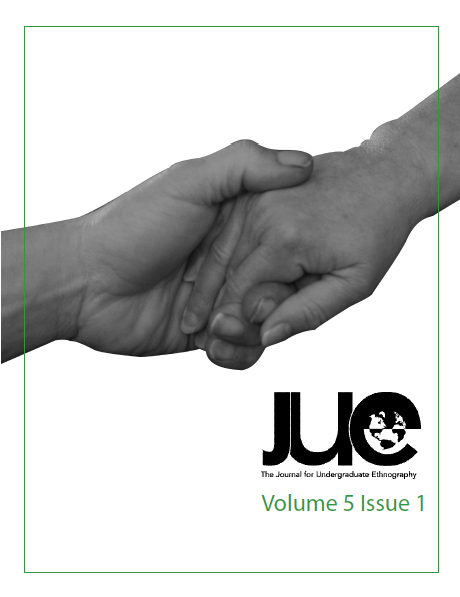Stories of Transition in South Africa
DOI:
https://doi.org/10.15273/jue.v5i1.8263Аннотация
The apartheid system in South Africa lasted for forty-eight years before being abolished in 1994. Codified within the structure was economic and political discrimination that put the population into a hierarchy of four classified races: white, coloured, Indian and black. The outcome was a spatially and mentally divided society. Today, South Africa is faced with the task of levelling out not only economic inequalities but also psychological patterns related to race. In this research, I apply a life history approach to understand how it was to live during the transitional phase in South Africa. Inspired by critical race theory, I examine the various ways of experiencing transitional South Africa based on the narratives of seven research participants. I draw on Pierre Bourdieu‘s concept “doxa” to illustrate how, in their childhoods, participants took for granted racial segregation and the white supremacist ideology. Through a nuanced examination of the participants‘ struggle with the “hegemonic condition”, I further illustrate that this acceptance played out in complex ways. I then turn to Victor Turner‘s theory of “liminality” to demonstrate how the post-apartheid space of uncertainty enabled individuals to challenge their commonsense assumptions so far. Throughout this paper, I show that the force of apartheid was so strong that mentalities were only able to shift following the dramatic political transformation of the abolition of apartheid.


